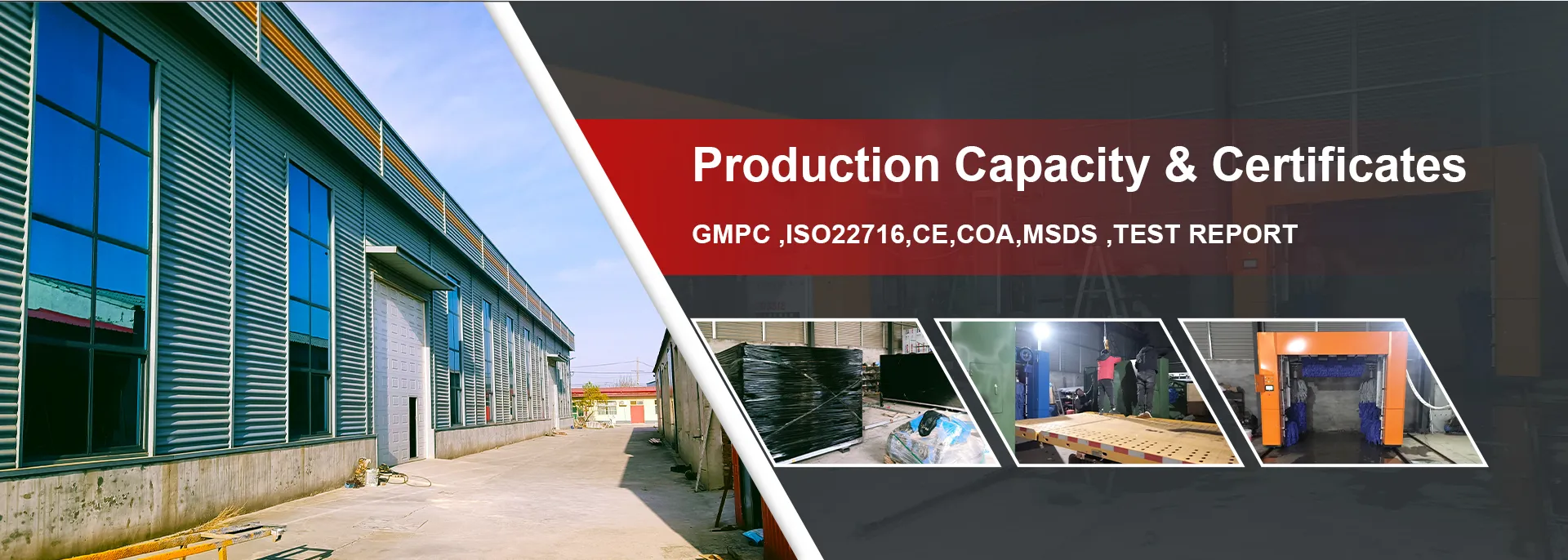
- Afrikaans
- Albanian
- Amharic
- Arabic
- Armenian
- Azerbaijani
- Basque
- Belarusian
- Bengali
- Bosnian
- Bulgarian
- Catalan
- Cebuano
- Corsican
- Croatian
- Czech
- Danish
- Dutch
- English
- Esperanto
- Estonian
- Finnish
- French
- Frisian
- Galician
- Georgian
- German
- Greek
- Gujarati
- Haitian Creole
- hausa
- hawaiian
- Hebrew
- Hindi
- Miao
- Hungarian
- Icelandic
- igbo
- Indonesian
- irish
- Italian
- Japanese
- Javanese
- Kannada
- kazakh
- Khmer
- Rwandese
- Korean
- Kurdish
- Kyrgyz
- Lao
- Latin
- Latvian
- Lithuanian
- Luxembourgish
- Macedonian
- Malgashi
- Malay
- Malayalam
- Maltese
- Maori
- Marathi
- Mongolian
- Myanmar
- Nepali
- Norwegian
- Norwegian
- Occitan
- Pashto
- Persian
- Polish
- Portuguese
- Punjabi
- Romanian
- Russian
- Samoan
- Scottish Gaelic
- Serbian
- Sesotho
- Shona
- Sindhi
- Sinhala
- Slovak
- Slovenian
- Somali
- Spanish
- Sundanese
- Swahili
- Swedish
- Tagalog
- Tajik
- Tamil
- Tatar
- Telugu
- Thai
- Turkish
- Turkmen
- Ukrainian
- Urdu
- Uighur
- Uzbek
- Vietnamese
- Welsh
- Bantu
- Yiddish
- Yoruba
equipment wash station
The Importance of Equipment Wash Stations in Modern Industries
In today's rapidly evolving industrial landscape, the need for cleanliness and maintenance has become paramount. One of the key areas that often requires special attention is the maintenance of equipment used across various sectors, including agriculture, construction, manufacturing, and food processing. This is where the concept of the equipment wash station comes into play, serving as an essential facility for ensuring equipment durability and operational efficiency.
Understanding Equipment Wash Stations
An equipment wash station refers to a dedicated area designed to clean machinery, vehicles, and tools used in various industrial applications. These stations are integral to maintaining the hygiene and functionality of equipment, thereby enhancing productivity and safety. They vary in size and complexity, ranging from simple outdoor wash bays equipped with hoses to sophisticated systems with automated high-pressure washing capabilities and advanced filtration systems.
The Necessity of Clean Equipment
1. Preventing Equipment Damage Over time, dirt, grime, and corrosive substances build up on machinery. Regular cleaning at wash stations significantly reduces the wear and tear on components, prolonging the equipment’s lifespan and reducing maintenance costs.
2. Safety and Compliance Regulations Many industries are subject to stringent regulations regarding cleanliness and hygiene. For instance, in the food processing sector, equipment must be sanitized to prevent contamination. An efficient wash station allows companies to comply with these regulations and avoid costly fines or shutdowns due to non-compliance.
3. Enhancing Operational Efficiency Clean equipment functions better and is less prone to breakdowns. A wash station helps keep machinery in optimal working condition, minimizing downtime and ensuring smooth operations. This efficiency translates into increased productivity and, ultimately, higher profitability for businesses.
4. Environmental Responsibility With growing environmental concerns, industries are increasingly held accountable for their impact on nature. Equipment wash stations can be designed to include water recycling systems and eco-friendly cleaning agents, ensuring that wastewater is treated properly before being released into the environment. This not only helps industries meet environmental standards but also boosts their public image as sustainable operators.
Key Features of Effective Wash Stations
equipment wash station

To be fully effective, equipment wash stations should incorporate several key features
1. Accessibility and Space The station should be conveniently located and adequately sized to accommodate various types of equipment. This facilitates easy access for operators and improves usage efficiency.
2. Robust Cleaning Systems A variety of cleaning techniques, including pressure washing, steam cleaning, and manual scrubbing, should be available. This versatility allows for tailored cleaning approaches based on the type and size of the equipment.
3. Water Management Systems Efficient water management, including filtration and recycling systems, is crucial for minimizing waste and ensuring sustainable practices. Monitoring systems should also be in place to ensure that water usage remains within optimal limits.
4. Employee Safety Safety measures must be integrated into the design of wash stations. This includes slip-resistant surfaces, proper ventilation, and appropriate signage. Personal protective equipment (PPE) should also be mandated for all employees using the facility.
Future Trends in Equipment Wash Stations
As technology continues to advance, we can expect to see innovative solutions in the realm of equipment wash stations. Automation, for example, may play a significant role in enhancing cleaning efficiency and consistency. Robotic systems may be employed to perform cleaning tasks with precision, reducing labor costs and increasing safety.
Moreover, the integration of IoT (Internet of Things) technology may enable real-time monitoring of cleanliness levels and equipment status, allowing for predictive maintenance and timely interventions. This data-driven approach can lead to more effective management of equipment and resources.
Conclusion
In summary, equipment wash stations are not merely a convenience; they are a crucial investment for businesses aiming to maintain operational efficiency, adhere to regulatory standards, and promote environmental stewardship. As industries grow and adapt to new challenges, equipping facilities with effective wash stations will become increasingly important. By prioritizing cleanliness and maintenance, companies can ensure their equipment remains functional, safe, and environmentally friendly, ultimately leading to sustained success in their respective fields.
-
Integrating Aqua Tunnel Car Wash in Shopping CentersNewsJun.24,2025
-
Gas Station with an Auto Car Wash MachineNewsJun.24,2025
-
Efficiency in Your Aqua Tunnel Car Wash: Power & Water-SavingNewsJun.24,2025
-
Car Wash Business with Advanced Auto Car Cleaning MachinesNewsJun.24,2025
-
Balancing Setup Costs with Aqua Tunnel Car WashNewsJun.24,2025
-
Aqua Tunnel Car Wash: Eco-Design for the Energy-Savvy EntrepreneurNewsJun.24,2025



